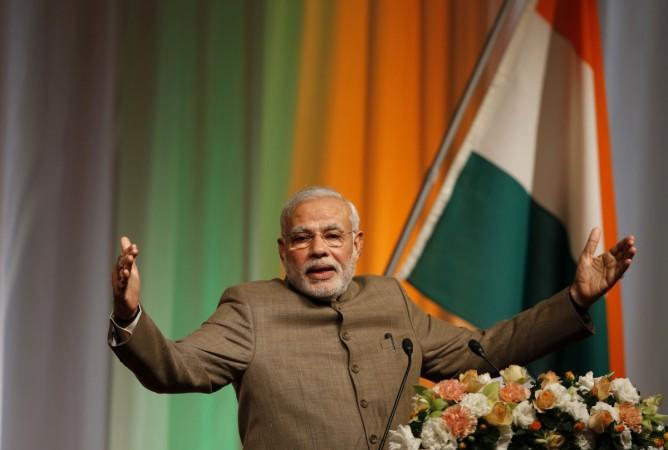
Prime Minister Narendra Modi's visions of inclusive growth will come true if the government implements a pro-job policy, claims global analytical agency CRISIL, adding that there is a potential to add 50 million jobs by 2020.
In a recent study, CRISIL, a leading ratings agency, stated that the BJP government has shown the intent to foster policies that create jobs and that 'the time is ripe for that one big, concerted push towards a pro-jobs policy'.
According to CRISIL, if the central government adopts a pro-job policy by 2020, it can add almost 50 million jobs in the labour-intensive manufacturing and services sector, which will help address employment needs of most of the 59 million people estimated to enter India's workforce between fiscals 2012 and 2020.
More importantly, 69 million jobs could be added to non-agricultural sectors by 2020, much higher than the 41 million expected under the current policy.
The increase in job creation capacity in the economy will then reflect in a more inclusive growth, as envisioned by Modi himself, as it would cut down disparities in income.
At present, labour-intensive manufacturing industries, involved in wood and wood products, textiles, leather, food products and related sectors, and non-metallic mineral products, contribute only 5.5% to India's GDP. These sectors can 'drive' employment creation in the coming years, and with reform of labour laws and improvement of infrastructure, 11 million manufacturing jobs can be added in the next five years.
But it is the labour-intensive services sectors, such as hospitality, health, education, and trade that can really boost job creation in India, and a pro-job policy can see the sector add 36 million jobs by 2020.
This trend could also pull out unproductive labour from the construction industry to be utilized more productively in the manufacturing or services sectors.
Similarly, effective implementation of pro-jobs policies along with education and skill development of youth will bring a drastic change of scenario in farm employment, cutting down 10 million people from farm labour by 2020.
Thus, if the Modi's government adds a pro-job agenda to its pragmatic policies on skill development, as it had stated in the Union Budget 2014-15, millions of jobs will be created in just five years, thus boosting private consumption and eventually pushing economic growth.









